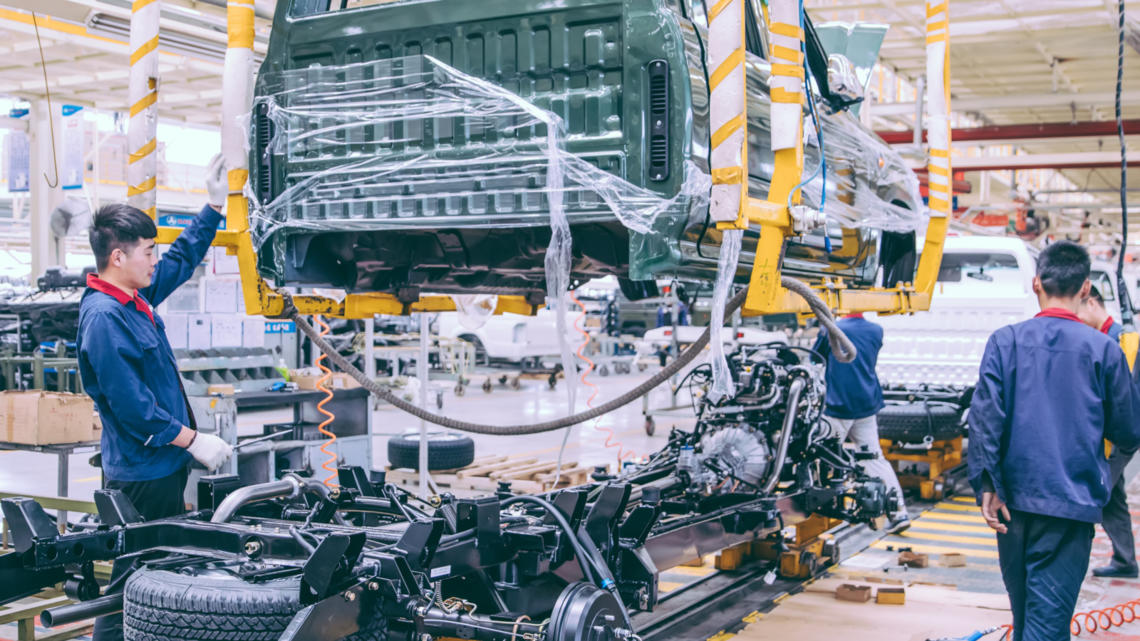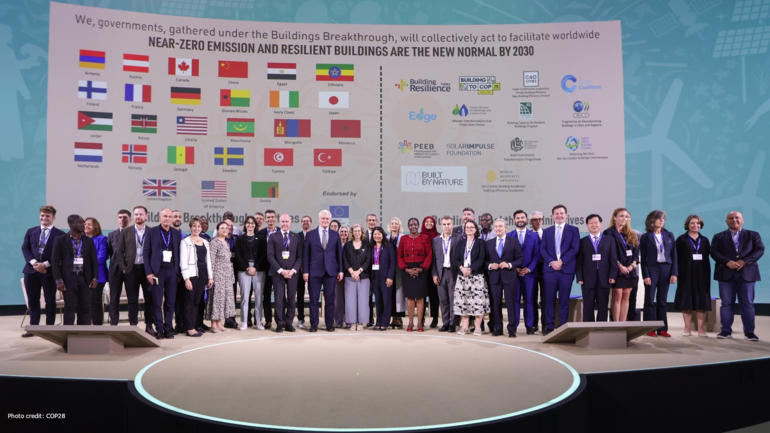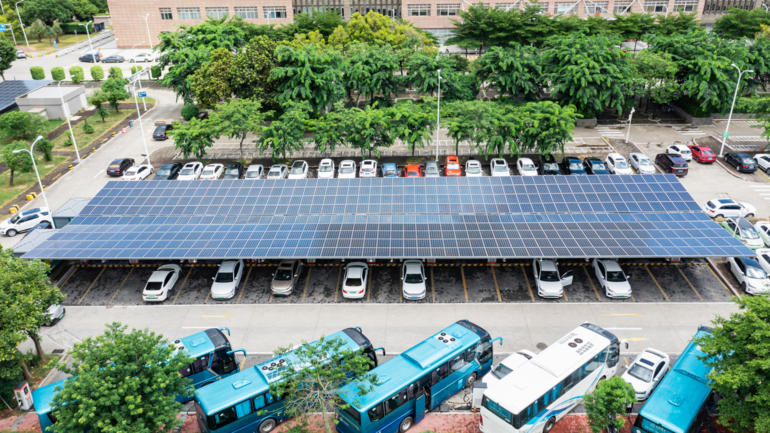Geneva, 21 April: A-PACT, a coalition led by the World Business Council for Sustainable Development (WBCSD), is developing a methodology for calculating the total greenhouse gas emissions generated by automotive parts over their life cycle. The coalition now calls on companies to join them in the next steps of advancing the methodology ahead of the launch in August 2022.
Road transport is responsible for 16% of global carbon emissions. Many businesses are working hard to limit the industry's climate impact, and 17 automotive companies have already set emissions targets either at the group level or at a major subsidiary level. As they move from target setting to measuring and reducing emissions, they need to address carbon transparency to drive the necessary collaborative action.
The new methodology for the automotive industry will address topics crucial for collaboration, such as data quality and representativeness, product carbon footprint calculations, secondary materials, certification and verification.
Launched last year at COP26, A-PACT focuses on resolving the automotive industry's specific challenges regarding transparency on emissions across its supply chains. This initiative complements the work driven by the cross-industry Partnership for Carbon Transparency (PACT), which provides an overarching blueprint for calculating and exchanging emissions data.
Coordinating life-cycle assessment (LCA) expertise across the automotive industry and civil society, the A-PACT is structured according to three action levels:
- An all-automotive core group overseeing the development of the methodology, led by an initial group of over 10 OEMs, including BMW, Toyota Motors and Volkswagen.
- Nine technical working groups, focused on methodology development for the automotive sector and the hard-to-abate steel sector.
- An extended group of 10 stakeholders supporting a comprehensive consultation and dissemination process across geographies for a quick industry uptake in line with the 2030 agenda, the Paris agreement and the 1.5° climate goal.
A-PACT's work on steel, in collaboration with RMI, will focus on definitions, calculation methods, green steel certificates as well as seek opportunities for piloting a methodology on steel parts to enable a quick and widespread transition toward low-carbon steel. The Circular Cars Initiative, co-hosted by the World Economic Forum (WEF) and WBCSD, will be a featured platform for multi-stakeholder consultations on steel and connects with A-PACT as part of its Low Carbon Steel pilot track.
Thomas Deloison, Director, Mobility, WBCSD, said “A-PACT is aiming for impact with a methodology that will allow for comparable GHG emissions reduction so that the wider automotive supply chain can increase accountability and transform at a pace to meet the urgency the latest IPCC report is calling for.”
If you are interested in learning more about A-PACT and supporting the development of the new methodology, please get in touch with Jean Balsat.








